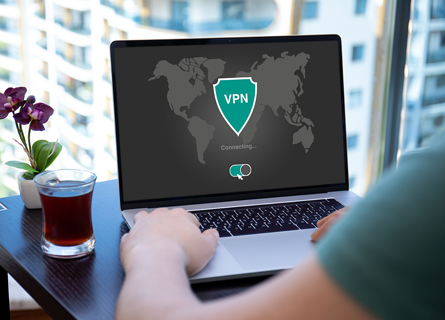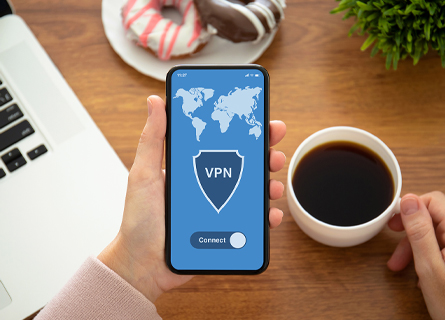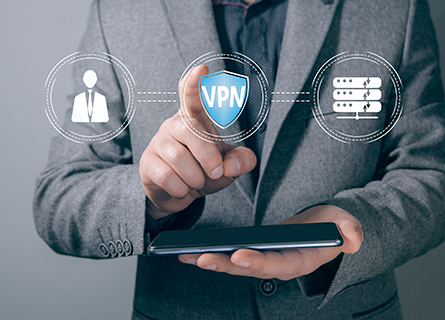Private VPNs are most commonly provided by companies who want their staff to be able to securely access company files and information when they are on the road. Unlike public VPNs, which anyone can sign up for, these VPNs are only available to employees of a particular company, and in some cases, access is even more heavily restricted, in that only certain employees with a real need for the protection that a VPN can offer will be granted access.




